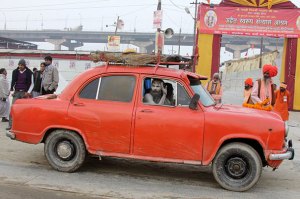Tag: Kumbh Mela
-
Nation & World
A powerful convergence
Harvard faculty members from several disciplines gathered to share thoughts about their work at the 2013 Kumbh Mela religious festival in India.
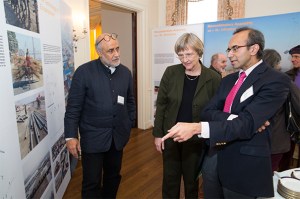
-
Campus & Community
HarvardX course closes in on global view
During a talk at the Harvard Allston Education Portal, Professor Tarun Khanna explored the benefits of interdisciplinary problem-solving on health care, based on his HarvardX course “Entrepreneurship and Healthcare in Emerging Economies,” launching on Oct. 30.

-
Nation & World
Citizen of the world
In recent years, Harvard has been strengthening its presence around the world, supporting international research, offering study-abroad opportunities, and opening offices in India, China, Mexico, Brazil, and other countries.
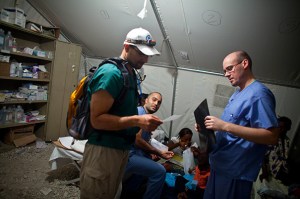
-
Campus & Community
SAI offers ‘feet on the street’ experience
Since its inception in 2003, the South Asia Institute has continued the long tradition of collaboration between Harvard and South Asia.
-
Nation & World
Lessons of a temporary city
The Maha Kumbh Mela, India’s massive gathering of Hindu pilgrims, ended in March. But for Harvard researchers across disciplines, the festival and the tent city it spawned continue to yield lessons in everything from big data to urban planning.
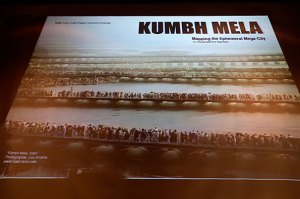
-
Arts & Culture
In search of sacred spaces
Installation artist Helen Marriage, a Loeb Fellow at the Harvard Graduate School of Design, conversed with Professor Rahul Mehrotra about a modern conundrum: In an increasingly secular age, can public space be spiritual? “Streets of Gold” continues the series on April 5.
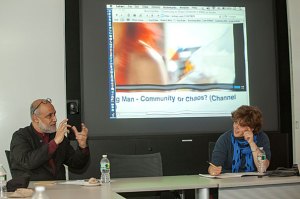
-
Nation & World
Tracking disease in a tent city
At India’s Kumbh Mela, the largest temporary city in the world, public health researchers from Harvard and beyond staged a small but nimble operation to follow health measures and disease outbreaks. The results will hold lessons not just for future Harvard students, but for urban health planners in India and elsewhere.
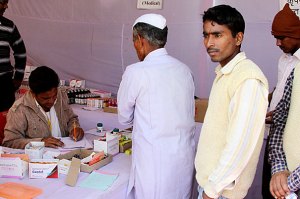
-
Nation & World
Among millions, a blank slate
The Kumbh Mela, the world’s largest religious gathering, spawns a city of millions virtually overnight — and with it, a thriving ecosystem of commerce large-scale and small. Harvard Business School researchers traveled to India to search for the festival’s unlikely lessons in infrastructure, governance, and informal networks.
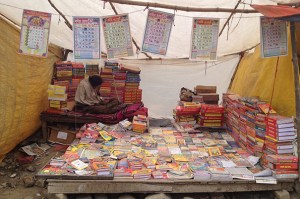
-
Nation & World
Saving the mother river
The Sangam — the point where the Ganges, Yamuna, and the mythical Saraswati rivers meet — is one of the holiest spots in India, drawing millions of Hindus for the Kumbh Mela festival. As a group of Harvard students learned, it’s also a place where centuries-old religious practices and modern-day environmental politics collide.

-
Nation & World
Mapping a megacity’s metabolism
The temporary city that supports the Kumbh Mela, India’s gathering of millions of Hindus, is planned and built in just three months. A team of students, architects, and photographers from the Harvard Graduate School of Design set out to map the insta-metropolis in one week.
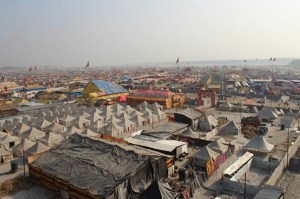
-
Nation & World
Inside India’s pop-up city
Every 12 years, the Kumbh Mela, a centuries-old Hindu pilgrimage, temporarily transforms an empty floodplain in India into one of the biggest cities in the world. This month, an interdisciplinary team of Harvard professors, students, and researchers set out to map the gathering for the first time.
